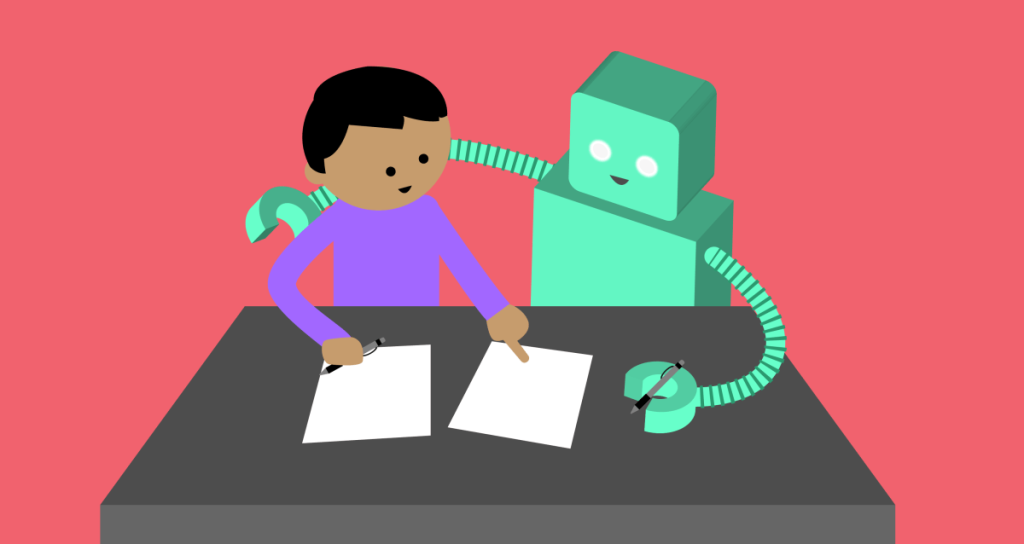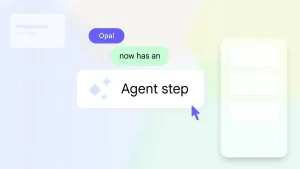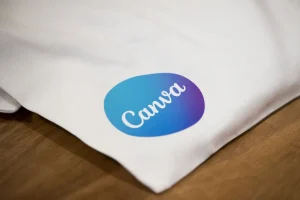AI: Boosting Individual Creativity but Hampering Group Originality

A new study from University College London and the University of Exeter explores the impact of AI on creative tasks. The findings are intriguing and somewhat contradictory. On one hand, AI helps less creative individuals come up with more original stories. On the other hand, it seems to stifle the collective creativity of groups. This study delves into how AI tools, such as GPT-4, can alter the landscape of creative industries.
The experiment involved hundreds of participants writing short stories, some with AI assistance and some without. Results showed that those who aren’t naturally creative improved significantly when using AI-generated ideas. However, highly creative individuals saw little to no benefit. The study also found that stories generated with the help of AI tended to be more similar, suggesting a decrease in diversity of creative outputs. Therefore, while AI can serve as a valuable aid for struggling creatives, its broader implications on collective originality deserve careful consideration.
Impact on Individual Creativity
A recent study from researchers at University College London and University of Exeter explored how AI tools, like GPT-4, affect creativity. They discovered that AI can help people who aren’t naturally creative to write more original short stories. Specifically, less creative individuals showed significant improvement in their story ratings when using AI-generated ideas. This finding suggests that AI can be a useful aid for those who struggle with creative tasks, providing the necessary prompts to enhance the quality of their work.
On the other hand, individuals who were already considered highly creative did not benefit as much from AI assistance. Their story ratings remained the same or even slightly worsened when they used AI-generated ideas. This indicates that AI may not significantly boost creativity for those who already excel in creative endeavors. The technology seems to offer little to those who can generate unique and original ideas without external help.
Experiment Setup and Findings
The experiment involved hundreds of participants tasked with writing very short stories, around eight sentences each, on any topic. One group wrote without assistance; another had access to one AI-generated idea, while a third group could access up to five AI-generated ideas. The stories were then evaluated on novelty, usefulness, and emotional enjoyment by both the writers and an independent group unaware of the AI involvement.
Participants also completed a word-production task to gauge their creativity levels. This task is widely used in academic settings as a proxy for measuring creativity. The results showed that participants with lower creativity scores benefited the most from AI assistance, improving the quality and enjoyability of their stories. In contrast, highly creative individuals saw minimal to no improvement. These findings underscore the potential of AI to assist those who find creative tasks challenging.
However, the study also revealed that access to AI led to more homogeneous stories within each group. The researchers used OpenAI’s embeddings API to analyze story similarities and found that AI-generated ideas made the stories more similar to each other, reducing overall diversity. This suggests that while AI can enhance individual creativity, it might also lead to less variety in creative outputs.
Individual vs. Collective Creativity
The study’s findings highlight a potential trade-off between individual and collective creativity. While AI tools can help individuals produce more creative work, they may also decrease the overall uniqueness of the collective output. Less naturally creative people may rely on AI to the point where their work becomes similar to others who use the same tools.
This trend could have broader implications for industries that depend on creativity, such as publishing and entertainment. If many people use AI for creative tasks, the resulting works may become less distinctive. This could lead to a saturation of similar content, which might diminish the overall quality and diversity of creative works in these fields.
Researchers caution that widespread adoption of AI in creative fields should be carefully considered. While AI has the potential to democratize creativity by helping those who struggle, it may also homogenize creative outputs, making it harder for unique voices to stand out. This balance between enhancing individual creativity and maintaining collective diversity is crucial for the future of creative industries.
AI’s Role in Creative Industries
The impact of AI on creative industries is a topic of ongoing debate. Supporters argue that AI can be a powerful tool for overcoming creative blocks and generating new ideas. They claim that AI can help democratize creativity, allowing more people to contribute to creative fields regardless of their natural creative abilities.
Critics, however, worry that AI might lead to a reduction in the overall quality and uniqueness of creative works. If AI-generated content becomes the norm, there is a risk that originality and innovation could suffer. This concern is particularly relevant in industries like publishing, film, and music, where unique and original content is highly valued.
The study by Doshi and Hauser adds a nuanced perspective to this debate. It suggests that while AI can enhance individual creativity, it also poses risks to collective diversity. As AI continues to evolve, it will be important for creative industries to find a balance that leverages the benefits of AI without sacrificing the uniqueness of their outputs.
Implications for Future Research
The researchers acknowledge that their study is just the beginning and that more research is needed to fully understand the implications of AI on creativity. Future studies could explore how AI impacts creativity in different contexts and fields, such as visual arts, music, and design. They could also investigate ways to mitigate the homogenizing effects of AI on creative outputs.
One potential avenue for future research is to examine how AI can be designed to better support highly creative individuals. This could involve developing AI tools that adapt to the user’s creativity level, offering more advanced suggestions for those who are already creatively proficient. By tailoring AI assistance to the individual’s needs, it might be possible to enhance creativity without compromising uniqueness.
Overall, the study highlights the importance of rigorous evaluation of AI technologies in creative fields. As AI becomes more integrated into our daily lives, understanding its effects on creativity will be crucial. This will help ensure that AI is used in ways that enhance human potential while preserving the diversity and richness of creative works.
Key Takeaways
In summary, the study found that AI can significantly boost the creativity of individuals with lower natural creativity. These individuals produced better-quality stories when they used AI-generated ideas, suggesting that AI can be a valuable tool for overcoming creative challenges.
However, for highly creative individuals, AI provided little to no benefit and sometimes even had a slightly negative impact. Their best work was typically produced without AI assistance, indicating that AI may not be necessary for those who already excel in creative tasks.
The researchers also found that AI led to more homogeneous creative outputs within each group. This reduction in diversity highlights a potential downside of relying on AI for creative tasks. It suggests that while AI can enhance individual creativity, it might also result in less varied and unique collective outputs.
In summary, AI has shown the capacity to enhance individual creativity, especially for those who struggle with it naturally. However, this comes at a cost to overall diversity and originality within collective outputs.
The balance between leveraging AI to democratize creativity and preserving the uniqueness of collective creative works is essential. Continued research and careful implementation in creative fields are critical to navigate this complex landscape.





